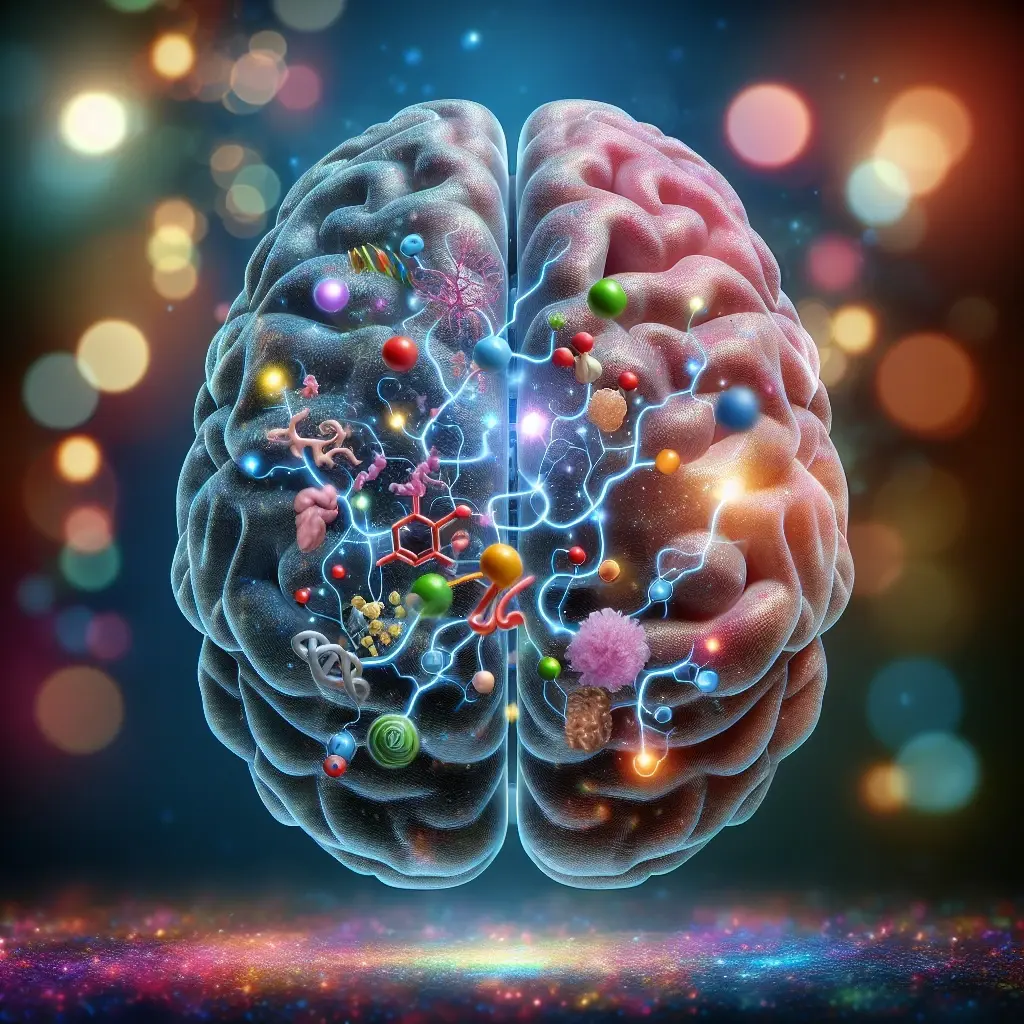Sleep, mood disorders, and the ketogenic diet: potential therapeutic targets for bipolar disorder and schizophrenia
Bipolar disorder and schizophrenia are severe psychiatric conditions that significantly impair quality of life and reduce life expectancy. While treatments such as medications and psychosocial support are available, many individuals with these disorders continue to face challenges in social participation, and some show resistance to current therapies. Although the precise causes of bipolar disorder and schizophrenia are not fully understood, there is growing evidence that oxidative stress and redox dysregulation may play key roles in their development. Oxidative stress refers to an imbalance between reactive oxygen species produced during metabolic processes and the antioxidant systems that neutralize them, potentially damaging lipids, proteins, and DNA. Sleep is a crucial factor in regulating metabolic balance and oxidative stress. Disruptions in sleep and circadian rhythms are linked to the onset and progression of bipolar disorder and schizophrenia, with these conditions often co-occurring with sleep disturbances. Additionally, sleep deprivation has been shown to increase oxidative stress and exacerbate mood symptoms. Dysfunctional brain metabolism may be alleviated by ketones, derived from fatty acids, as the brain can efficiently utilize both ketones and glucose as energy sources. Ketones have proven beneficial in various neurological disorders, including epilepsy and Alzheimer’s disease. Recent clinical trials investigating the ketogenic diet have shown promising improvements in the symptoms of bipolar disorder and schizophrenia as well. These benefits are believed to be partially due to the restoration of mitochondrial function. These findings highlight the need for further randomized controlled clinical trials, as well as biochemical and mechanistic studies on the role of metabolism and sleep in psychiatric disorders. This narrative review aims to explore the complex relationship between brain metabolism, sleep, and psychiatric conditions. It will examine the early positive effects of the ketogenic diet on mood regulation, drawing on evidence from both human and animal models of bipolar disorder and schizophrenia. The review concludes by summarizing the current state of research and advocating for future investigations into the role of metabolism and sleep in mood disorders.
Year: 2024

 Navigation
Navigation







